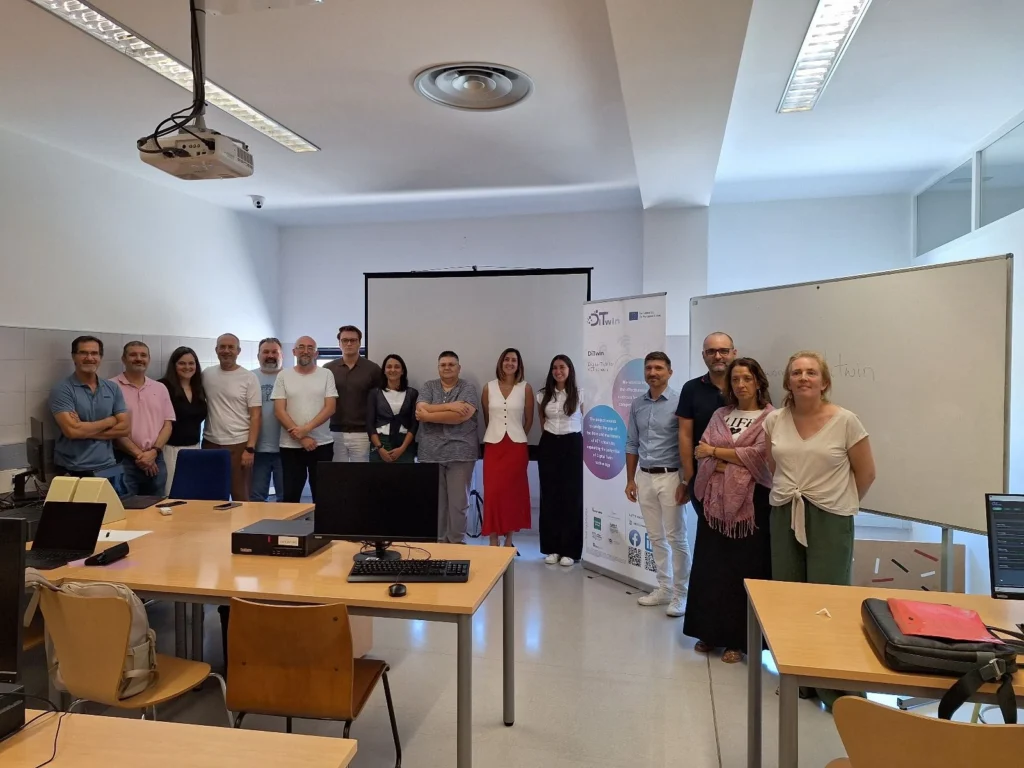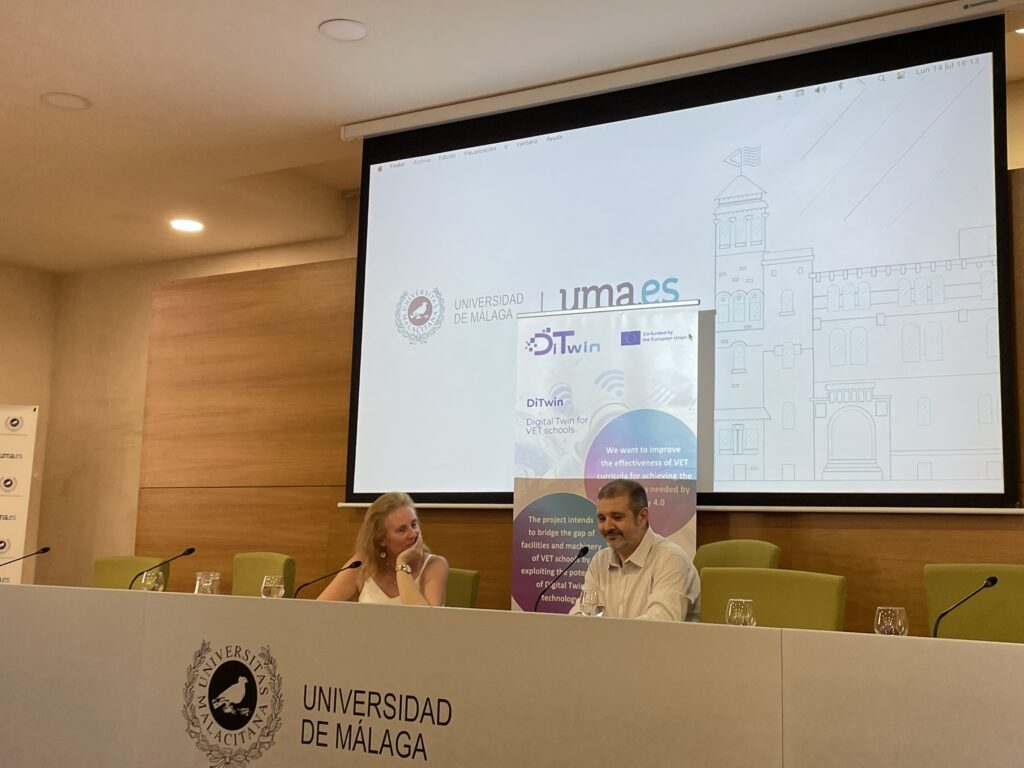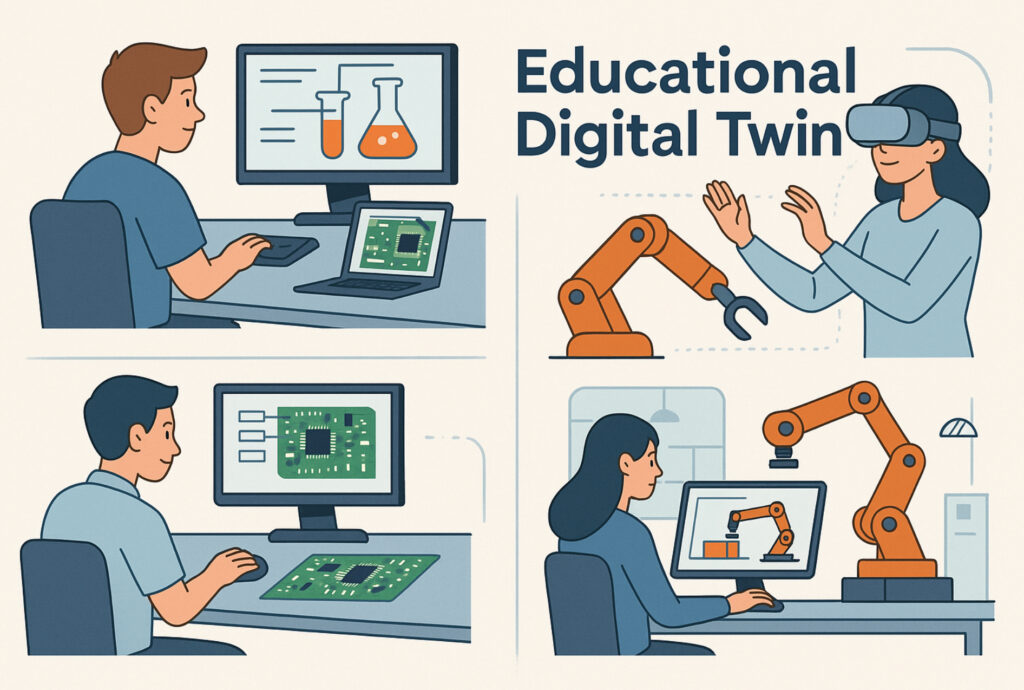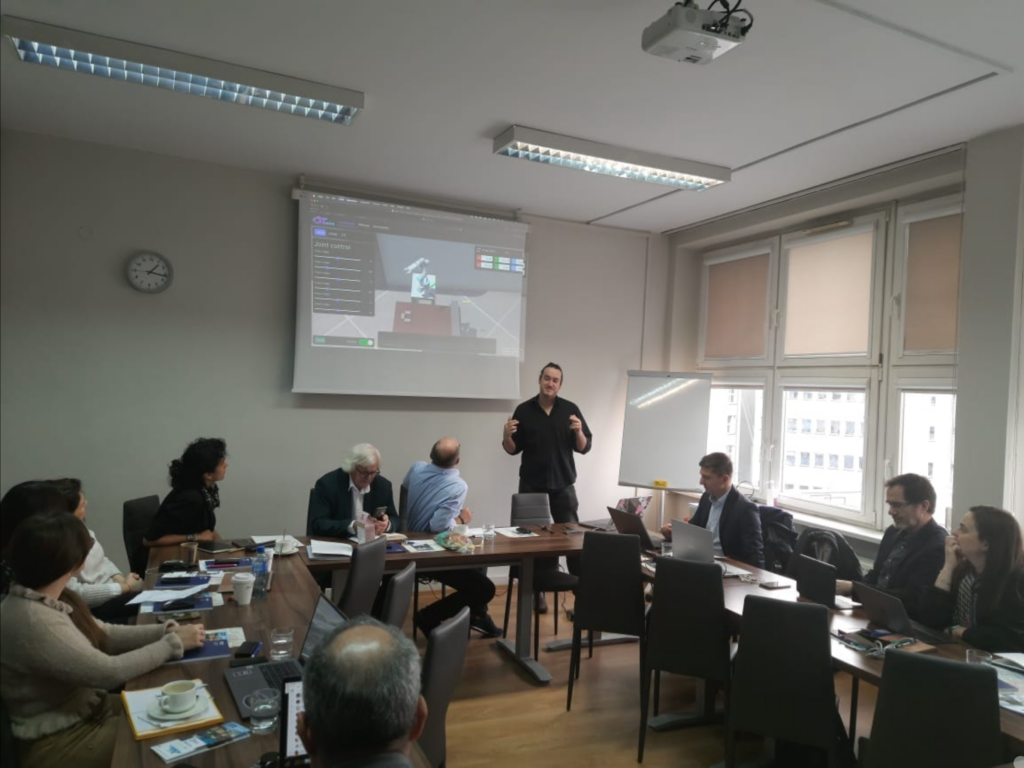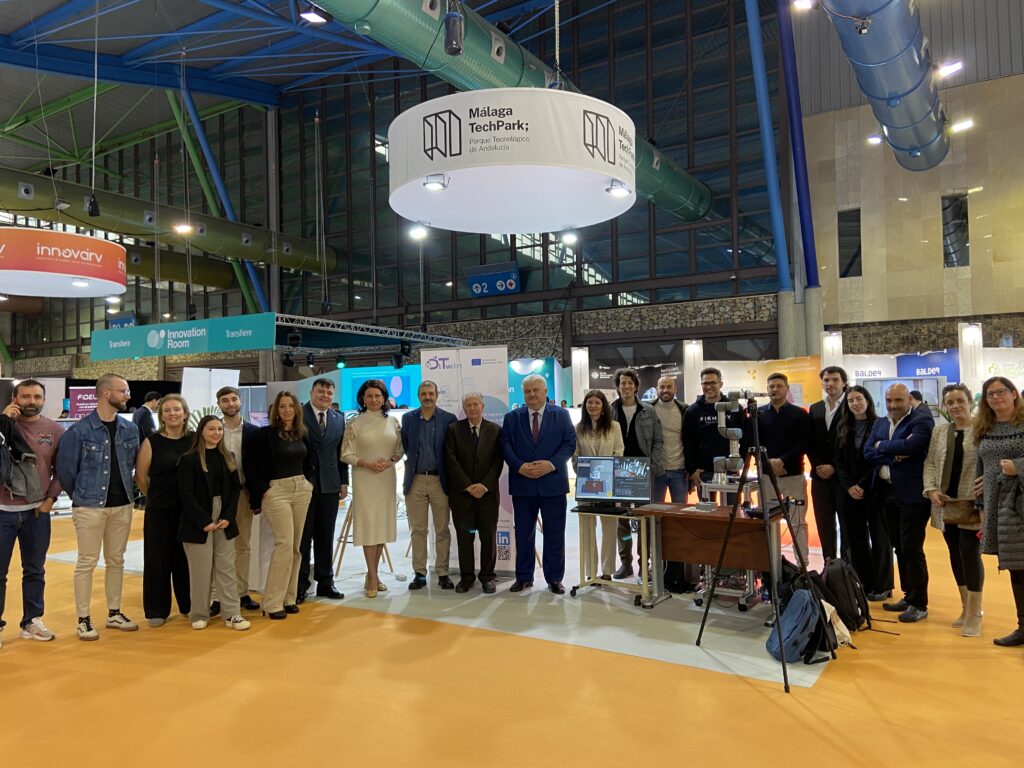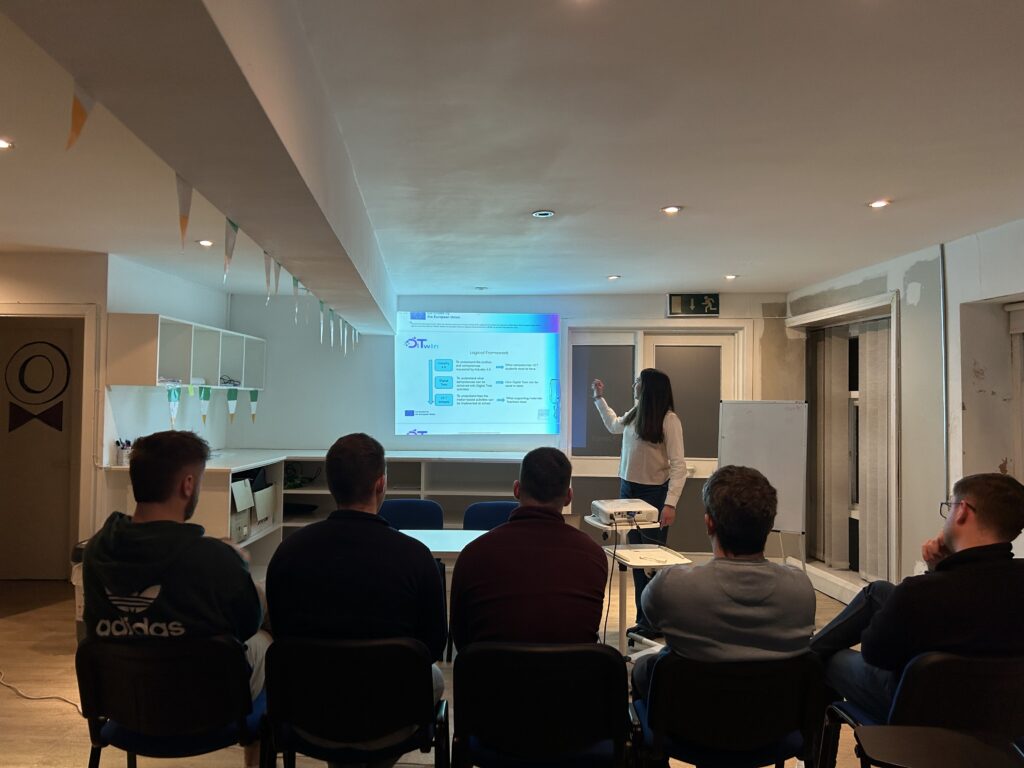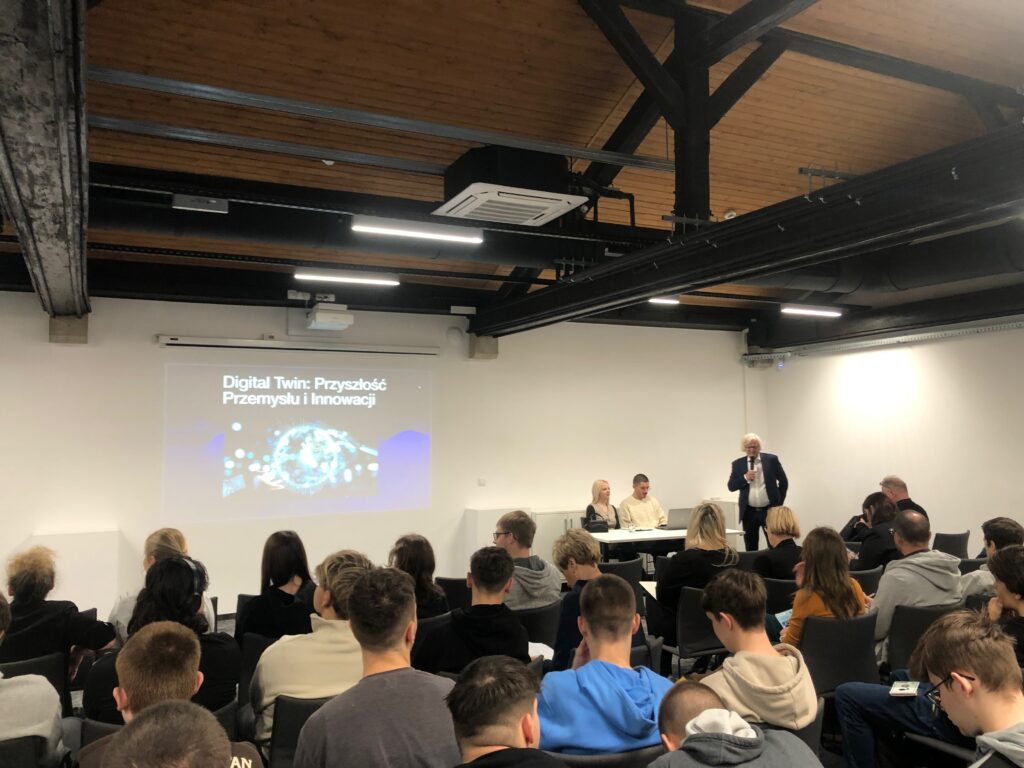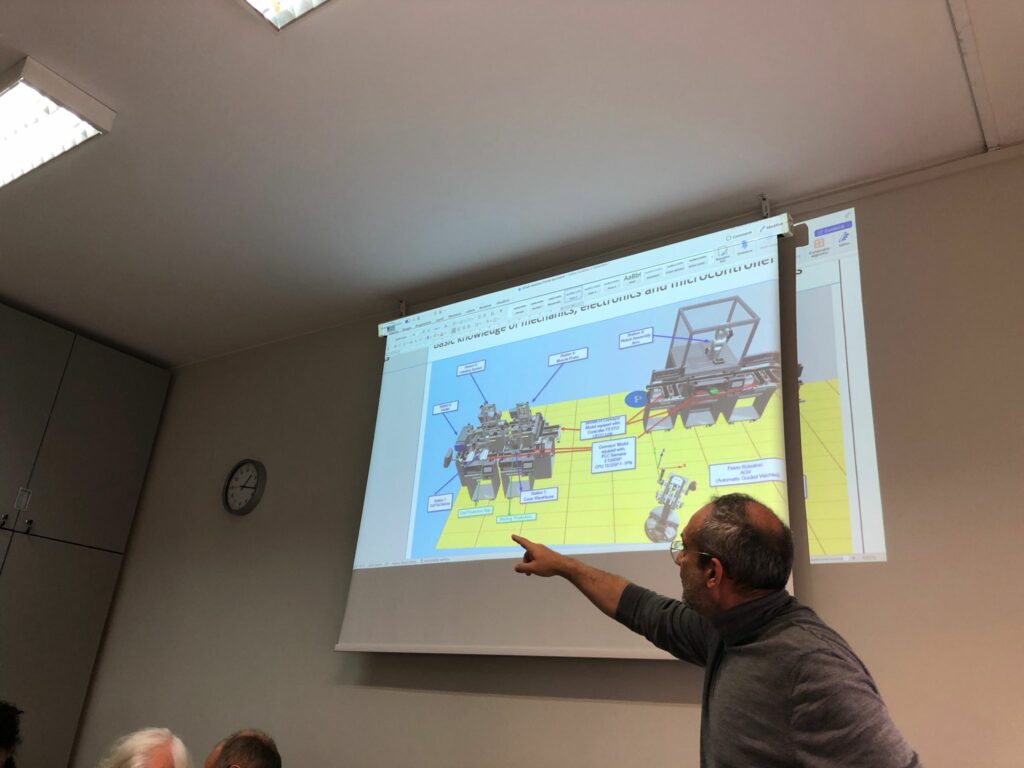When you use our services, you’re trusting us with your information. We understand this is a big responsibility and work hard to protect your information and put you in control. This Privacy Policy is meant to help you understand what information we collect, why we collect it, and how you can update, manage, export, and delete your information.
1. Responsible body
The responsible body for the assessment, processing and use of your personal data within the context of using the services offered by DiTwin Website and platform within the meaning of Italy law of Data Protection is Learnable Società Cooperativa, via Einaudi, 68, 61032 Fano (Italy).
2. Collection, processing and use of personal data
2.1. Personal data
Personal data are statements concerning factual or personal circumstances of a specific or determinable natural person. These include, for example, your name, your address as well all inventory data you supply us during your registration and profile creation. Statistical data, which are, for example, collected during your visit to our website, but cannot be directly attributed to your person, are not included in personal data.
2.2. Assessment, processing and use of personal data
When visiting our website, our servers temporarily store each access in a log file. Following data is recorded without your additional input and stored by us until the automated deletion: the IP address of the querying computer, date and time of the access, name and URL of the accessed file, the website from which the access took place, the operating system of your computer and the browser used as well as other technical data, the name of your internet access provider, your language settings and geographical origin.
The purpose of the collection and processing of this data is allowing the use of our website (establishing a connection), ensuring a lasting system security and stability, enabling the technical administration of the net infrastructure and the optimization of our internet range, and making internal statistic recordings. The IP address is only analysed in case of an offence against the DiTwin Website and platform’s infrastructure and for statistical purposes.
3. Sharing your personal data to others
We only pass on your personal information in case of a legal requirement, for a credit assessment, an address check, to transfer information to a credit reference and insofar as it is necessary for us to enforce our rights, and especially our contractual claims.
4. Data safety
We use suitable technical and organizational security measures in order to protect your data, which has been stored by ourselves, from manipulation, partial or complete loss and unauthorized access by third parties. Our security measures are constantly improved correspondent to the technological developments.
5. Cookies and re-targeting
Cookies are small files which are stored on your data storage device and save certain settings and data to communicate with our system over your browser. Basically one distinguishes two kinds of cookies; so-called session cookies, which are deleted as soon as you close your browser and temporary / permanent cookies, which are stored for a longer period or for an unlimited period on your data storage device. This storage helps us to fashion our website and our offers to you accordingly, and facilitates the use for you, for example by saving certain entries to avoid you having to repeat them.
In this respect, cookies help to make your visit on DiTwin Website and platform easier, more enjoyable and more worthwhile. Cookies are alphanumeric information files which your browser automatically saves to the hard drive of your computer whenever you visit our website.
We will, for example, use cookies to identify you as a user without you having to log in each time. Using cookies does not signify that we receive new personal data about you as an online visitor. Most internet browsers accept cookies automatically. However, you may configure your browser in such a way that no cookies are saved on your computer, or a notification appears each time you receive a new cookie.
You may also configure your browser so that a cookie will only be saved with your permission. Usually, the help function in the menu bar of your browser will tell you how to reject new cookies and disable previously received cookies.
The DiTwin Website and platform is using a cookie technology to collect data to optimize offers and advertisements. The data will be anonymized and not used to identify you in person. This data will also not be merged or connected to saved personal data. With the help of the anonymized data we can present offers, services and advertisements that are of interest to you.
6. Ads
Ads appearing on any of our websites may be delivered to users by advertising partners, who may set cookies. These cookies allow the ad server to recognize your computer each time they send you an online advertisement to compile information about you or others who use your computer. This information allows ad networks to, among other things, deliver targeted advertisements that they believe will be of most interest to you. This Privacy Policy covers the use of cookies by DiTwin Website and platform and does not cover the use of cookies by any advertisers.
7. Google Analytics
In order to constantly enhance and optimise our offer, we use so-called tracking-technologies. For this purpose we use the services of Google Analytics.
8. Disclosure, modification, blocking or deletion of your data
You may request information regarding and the modification of your personal data saved by us at any time, Your data will be deleted upon request. As we take the protection of your data very seriously, in order to be able to ensure that your information is not disclosed to a third person, we would ask you to address your request to us per e-mail contact@learnable-europe.eu .
9. Business Transfers
If Learnable Società Cooperativa, or substantially all of its assets, were acquired, or in the unlikely event that Learnable Società Cooperativa, goes out of business or enters bankruptcy, user information would be one of the assets that is transferred or acquired by a third party. You acknowledge that such transfers may occur, and that any acquirer of Learnable Società Cooperativa may continue to use your personal information as set forth in this policy.
10. Privacy Policy Changes
Although most changes are likely to be minor, DiTwin Website and platform may change its Privacy Policy from time to time, and in DiTwin Website and platform’s sole discretion. If you have an account, you might receive an alert informing you. Your continued use of this site after any change in this Privacy Policy will constitute your acceptance of such change. of these changes.
11. GDPR Complaint
If you have the suspicion that your personal data are not treated in a proper way or there is a violation of the terms described above, then we strongly advise you to send an email to contact@learnable-europe.eu with your Name, E-mail, and reason for Complaint of GDPR violation. Learnable’s DPO will process your complaint and will take over all the requested actions.


